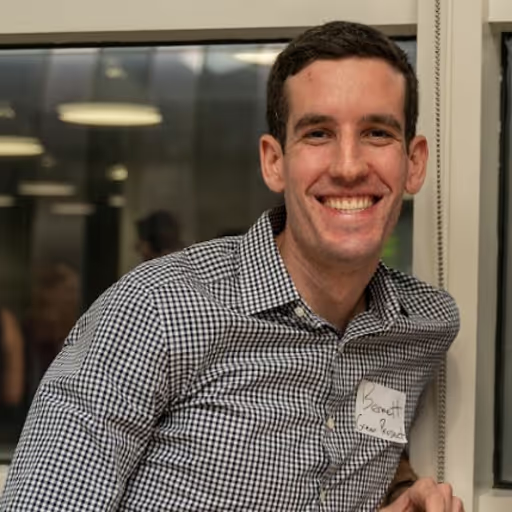How Green Project Helped Halma Streamline Renewable Energy Procurement

Private equity firms and companies with diverse portfolios face growing pressure to decarbonize, but doing so across dozens of decentralized operating companies can be a logistical challenge.
Halma, a FTSE 100 group with around 50 decentralized companies worldwide, understands this challenge first-hand. They partnered with Green Project to streamline emissions tracking and renewable energy procurement in a way that scales.
In a recent webinar, we spoke with Kirsten Troveri, Sustainability Manager at Halma, about how they’re navigating renewable energy targets across a decentralized portfolio — and how Green Project helped them simplify procurement, ensure audit-quality tracking, and drive participation at scale.
You can watch the full webinar here.
Fragmented Efforts and Manual Processes
Halma has set ambitious climate goals. First, they aimed to achieve 80% renewable energy globally by March 2025, with a focus on reaching 100% in the UK, US, and Europe. They are also working towards net-zero emissions by 2050, and Net Zero for Scope 1 and 2 by 2040.
While Halma encourages operating companies to produce or procure renewable energy, this is not always a viable option in all cases, and the purchase of Renewable Energy Certificates (RECs) is required. But achieving this isn’t always straightforward. With 50 companies operating independently across 20 countries, Halma faced challenges in coordinating these purchases, aligning strategies, and ensuring procurement quality and auditability.
“We saw the gaps between where we were and where we needed to be in terms of renewable energy,” Kirsten Troveri said. “Engaging our operating companies was a manual process and it wasn’t going to be scalable or trackable. We were really looking for something that would be able to give our operating companies a lot more autonomy so they could self-serve around this.”
“We also wanted to make sure our operating companies were purchasing high-value RECs, and have confidence that we were meeting RE100 standards. We needed visibility into the process so we could cross-check that things were being done according to our expectations.”
A Platform That Scales with Autonomy and Control
To address their needs, Halma partnered with Green Project, whose renewable energy procurement platform allows each company to self-serve — while central sustainability leaders maintain visibility and quality control.
“We have worked with ACT Group for a number of years, and knowing that Green Project was under the ACT group umbrella made it a natural fit for us,” Kirsten said. “The team was willing to engage with us and shape the platform into what we needed, given that we were quite a unique case. That was really helpful and gave us confidence that we were not going to be left without the end results we needed.”
“We took a partnership approach to the process, which I’ve certainly appreciated. It’s been collaborative and effective.”
With pre-vetted, regionally-appropriate renewable energy credits, Green Project’s platform helped companies make these purchases — whether they were buying 12 MWh or 970 MWh — while ensuring every certificate met RE100 and audit standards.
10,300 MWh Procured and Zero Drop-Off
In its first year working with Green Project, Halma rolled out the platform to 23 companies — and every single one completed a purchase.
“With the support of the Green Project Team, we hit 100% participation, and the renewable energy purchased added up to 10,300 MWh,” Kirsten said. “That’s enough to power 890 American homes for a year. It’s a significant amount that we’ve achieved in year one. We’re very pleased with the outcome.”
Scaling Globally and Driving Market Pressure
Following their successful pilot with Green Project, and having achieved their 2025 renewable energy target, Halma plans to continue to offer this service to its companies across its footprint.
“If I had to give advice to others considering going through this process, I would say that every little bit helps. Every step towards renewable energy helps, even if you’re a small organization. It all adds up. And engaging with a platform like Green Project can really support that at any scale.”

